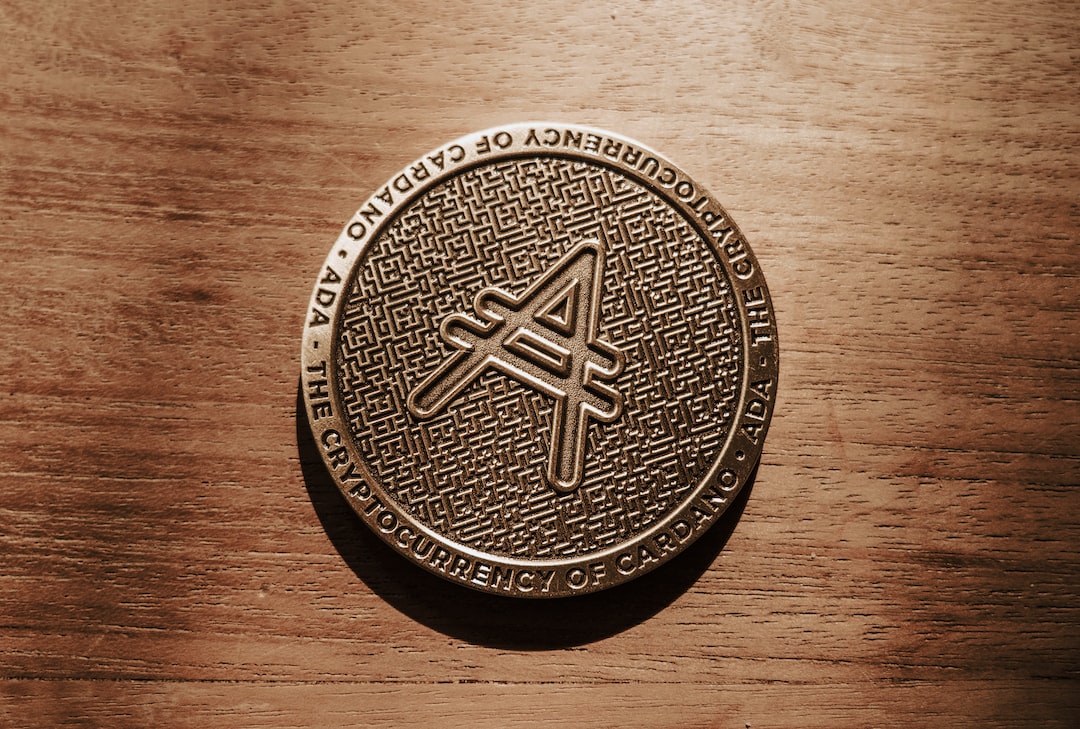Brazil’s Blockchain-Powered National Digital ID
Brazil is leading the way in digital identity verification by incorporating blockchain technology into its identification systems. This strategic move aims to enhance security, efficiency, and streamline processes for the population. The government plans to integrate blockchain into its national identity program, with Rio de Janeiro, Goiás, and Paraná taking the lead.
Serpro, Brazil’s national data processing service, is developing a private blockchain platform called b-Cadastros. This blockchain network will facilitate the search, issuance, and modification of new ID cards and tax registration numbers.
Blockchain in Brazil’s National Identity Program
Alexandre Amorim, president of Serpro, highlights the immutability and decentralization of blockchain technology as crucial for Brazil’s digital identification project. The cornerstone of this effort is the National Civil Identity Card (ICN), which replaces traditional paper ID cards. The ICN database will be used for user authentication when accessing online public services.
The new ICN card is a plastic card that allows users to generate a secure digital version with a printed QR code for validation.
Unifying Identity Issuance Across States
In addition to individual security and convenience, Brazil’s national ID project has strategic importance in combating organized crime, promoting intergovernmental collaboration, simplifying service access, and streamlining administrative records. Adopting blockchain technology enables data exchange among government departments and unifies identity issuance across Brazil’s nearly 30 states.
Meanwhile, in Buenos Aires, Argentina, a similar initiative has been introduced. Residents can access essential identity documents through a digital wallet using QuarkID developed by Extrimian. This project leverages zkSync Era, an Ethereum scaling protocol based on zero-knowledge rollups. Guillermo Villanueva, CEO of Extrimian, sees this development as a significant milestone for Latin American governance and its potential to integrate blockchain technology for the public welfare.
Hot Take: Blockchain Revolutionizing Digital Identity Verification in Brazil and Beyond
Brazil’s integration of blockchain technology into its national identity program marks a significant advancement in digital identity verification. By leveraging blockchain’s immutability and decentralization, Brazil aims to enhance security and streamline processes for its population. This pioneering initiative also has strategic importance in combating organized crime and promoting collaboration among government departments. Additionally, Argentina’s parallel initiative demonstrates the potential of blockchain technology in improving governance and public welfare. As these countries lead the way, other nations may follow suit, revolutionizing digital identity verification worldwide.





 By
By
 By
By

 By
By

 By
By